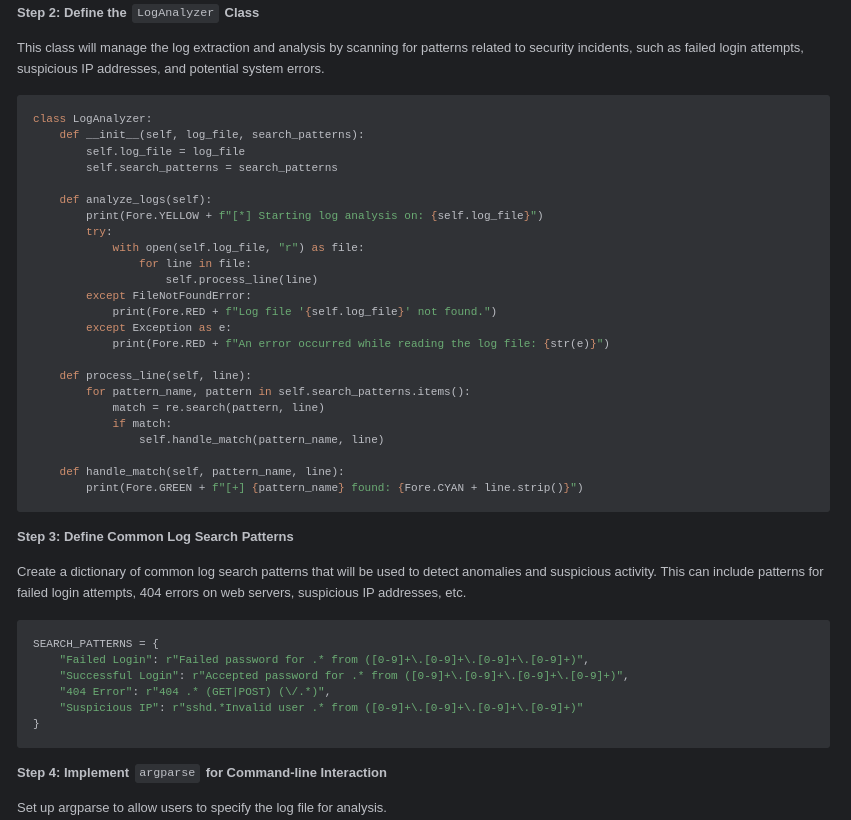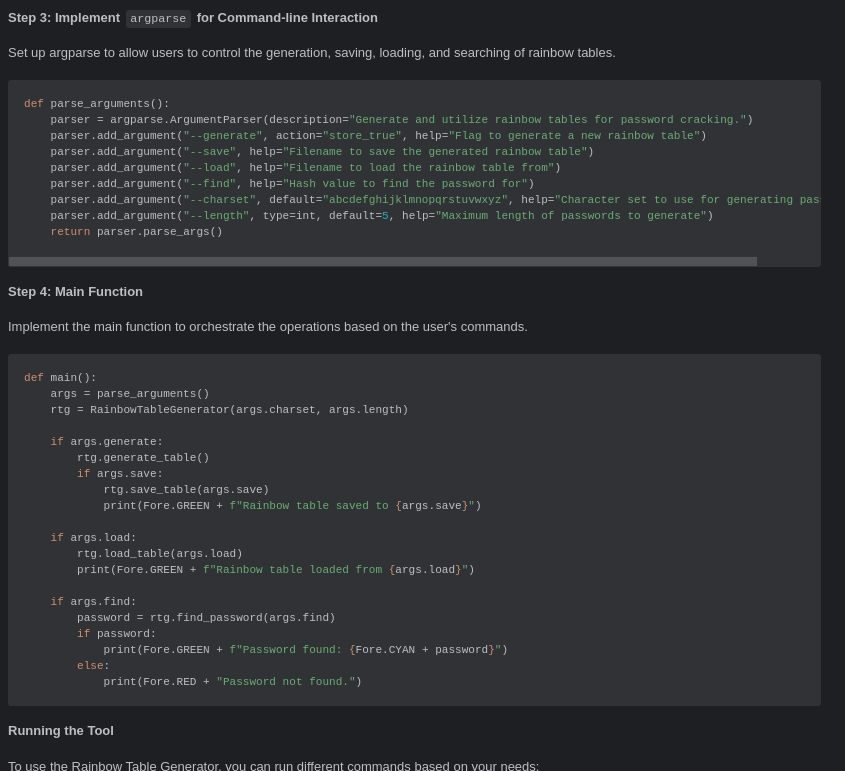
Introduction
In the world of cybersecurity, having a strong foundation in ethical hacking techniques is essential to identifying and defending against vulnerabilities. Python, with its simplicity and versatility, has become the preferred language for building hacking tools that can perform everything from network scanning to malware development. “Mastering Python for Ethical Hacking: A Comprehensive Guide to Building 50 Hacking Tools” is a comprehensive guide that equips you with the knowledge and skills needed to create your own hacking tools for ethical hacking purposes.
This book is designed to take you step-by-step through building 50 powerful hacking tools, covering a range of topics from information gathering and brute force attacks to web security and malware creation.
Learning Objectives
With “Mastering Python for Ethical Hacking”, you will learn how to:
- Develop a solid foundation in Python programming, focusing on concepts that are essential for ethical hacking.
- Build tools for information gathering and reconnaissance to identify targets and potential weaknesses.
- Create and customize password crackers using brute force and dictionary-based techniques.
- Use Scapy for packet manipulation to craft, send, and intercept network packets for advanced network analysis.
- Write malware such as keyloggers, backdoors, and ransomware in a secure, ethical environment.
- Develop web security tools for SQL injection, XSS scanning, and vulnerability detection in web applications.
- Apply encryption and cryptographic techniques to secure data and understand weaknesses in cryptographic systems.
- Automate hacking tasks, making your tools more efficient and adaptable for various scenarios.
Why Python for Ethical Hacking?
Python’s simplicity and extensive libraries make it ideal for both beginners and experienced cybersecurity professionals. Its readability and functionality allow hackers to write and test scripts quickly, which is crucial in an environment where vulnerabilities need to be identified and patched promptly. This book leverages Python’s libraries like scapy, socket, hashlib, and BeautifulSoup to create powerful, practical tools for ethical hacking.

What Will You Learn?
This book is structured to take you from the basics of ethical hacking to advanced tool-building. Each chapter focuses on creating a specific tool, helping you learn Python in the context of real-world hacking applications.
- Information Gathering Tools: Begin with tools for reconnaissance, a vital step in ethical hacking. You’ll learn to create tools for network scanning, IP tracking, and web scraping to gather target information.
- Password Cracking and Brute Force Tools: Learn how to develop tools for brute force and dictionary attacks to test the strength of passwords. This section will teach you how to automate these processes, using password lists to optimize your tools.
- Network Scanning and Packet Manipulation with Scapy: Use the powerful Scapy library to manipulate network packets, enabling you to create tools that analyze network traffic, identify open ports, and perform ARP spoofing. This section dives into network fundamentals and helps you understand the intricacies of network protocols.
- Web Security Tools: Develop tools specifically for testing web application security, including SQL injection testers, XSS scanners, and web crawler bots. This section provides insights into the structure of web applications and common vulnerabilities, helping you secure them.
- Forensics and Data Recovery Tools: Learn to build forensics tools that can recover deleted data, analyze logs, and monitor network activity. These tools are crucial for incident response and security audits, allowing you to investigate breaches and recover valuable information.
- Malware Development (for Ethical Purposes): Understand the basics of malware development, including keyloggers, ransomware, and backdoors. This section emphasizes ethical usage, helping you recognize malware behaviors and create solutions to defend against them.
- Cryptographic Tools: Develop tools that implement encryption and decryption algorithms to secure data and test cryptographic systems. Learn to apply Python’s
hashliband other libraries for hashing and encryption tasks. - Automation and Scripting Tools: Discover how to automate repetitive tasks, create scripts that can adapt to different environments, and enhance your tools with multi-threading for better performance. This chapter will allow you to increase the efficiency of your tools and streamline your ethical hacking processes.
- **Final Projects: ** Test your skills with advanced projects that challenge you to combine multiple tools and techniques. You’ll create a multi-functional toolkit that demonstrates everything you’ve learned, giving you a portfolio of hacking tools you can use to showcase your skills.
python projects: check out itnow

Who Is This Book For?
This book is ideal for:
- Ethical Hackers who want to build their own custom tools for penetration testing and security auditing.
- Cybersecurity Professionals aiming to expand their knowledge in Python-based security tools.
- Developers and Programmers interested in applying their Python skills to cybersecurity.
- IT Students who wish to learn ethical hacking through practical, hands-on projects.
Why You Should Read This Book
Mastering Python for Ethical Hacking provides a unique opportunity to learn ethical hacking in a structured, project-based format. Each chapter is a hands-on guide that takes you through the process of creating functional tools from scratch, allowing you to build a comprehensive toolkit for security testing and ethical hacking. By the end of this book, you’ll have an arsenal of Python-based hacking tools and a solid understanding of ethical hacking principles.

Get Your Copy Today
If you’re ready to become proficient in ethical hacking and tool development, “Mastering Python for Ethical Hacking: A Comprehensive Guide to Building 50 Hacking Tools” is available now. Support my work and get access to this essential guide by visiting BuyMeACoffee.
